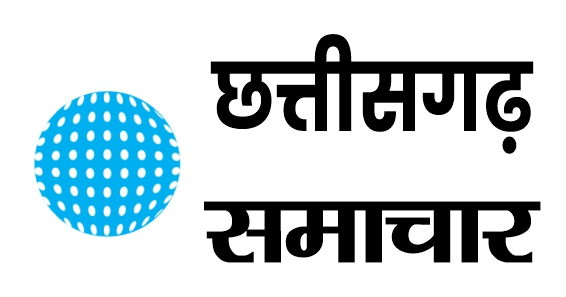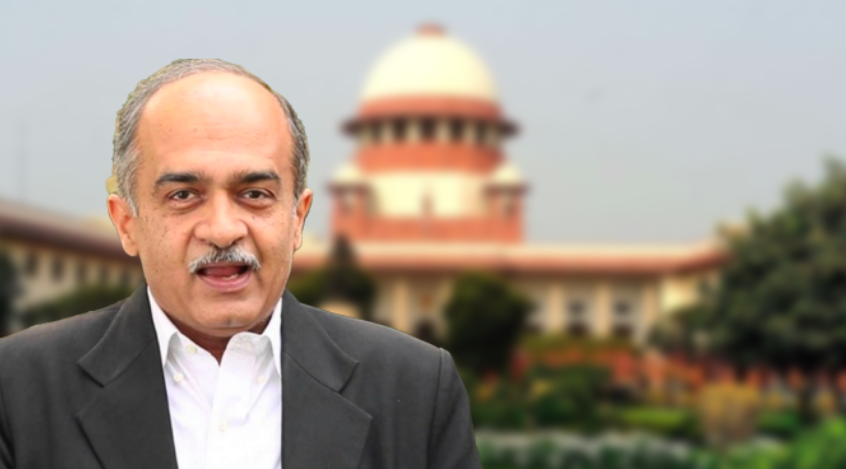The concept of Contempt of Court intends to protect judicial institution and the law also punishes those who lower its authority. Simply we can say when someone wilfully fails to obey the order of the court or disrespect the legal authorities then the court has the right to impose sanctions such as fines or imprisonment if he is found guilty of contempt. This legal provision is in limelight these days after the initiation of contempt proceedings by the Apex Court of India against advocate-activist PrashantBhushan. Before discussing the case of PrashantBhushan, we must know about the law of Contempt of Court in India.
When the Constitution was enacted in our country, contempt of court was made one of the restrictions on freedom of speech and expression. Article 129 of the Indian Constitution empowers the Supreme Court to punish for its contempt. Article 215 empowers the High Courts of the country for the same. Besides these provisions of the Constitution, there is a separate statute for this purpose namely “The Contempt of Courts Act, 1971.” Section 2(a) of this Act defines the contempt of court. This Act has classified theContempt into civil and criminal contempt. Civil Contempt of court is fairly simple. It is committed when someone wilfully disobeys a court order, decree, direction, any judgement, and writ or wilfullybreaches an undertaking given to the court. Criminal Contempt is considered as more complex and grave. Criminal Contempt is defined in sec 2(c) of the Act. It is to be noted that fair criticism on judicial acts does not amount to contempt of court. The Act also gives certain limitations where this Act does not apply.Section 12 of the Contempt of Court Act deals with the punishment for contempt of court. Supreme Court and the High Courts have been given power to punish any person for the contempt of court. A person guilty for this offence can be punished with simple imprisonment which may extend up to six months, or with fine which may extend up to two thousand rupees or with both. If an accused person makes an apology and the same satisfies the court then only he can be discharged from the punishment. It means if the accused made an apology in the bona fide then this apology shall not be rejected on the ground that it is conditional or qualified. No one can be punished for the contempt of court unless it is satisfied that the contempt is of such nature that it substantially interferes or tends to interfere with the due course of justice. Also the defence can be given to the accused person in such case on the justification of truth if court finds that the act done in the public interest and the request for invoking that defence is bona fide.
PrashantBhushan Case:
The Supreme Court on Aug 20 rejected the demand of activist-lawyer Prashant Bhushan that the arguments on quantum of sentence in the contempt proceedings be heard by another top court bench. Prashant Bhushan on 14th Aug was held guilty of criminal contempt of court for his derogatory tweets against the judiciary. The court had held that his two tweets cannot be said to be a fair criticism of the functioning of the judiciary made in the public interest. The quantum of punishment was to be decided on the 20th August but Justice Arun Mishra gave assurance to Bhushan that no punishment will be acted upon till his review petition against the order of conviction will be decided. On 20th Aug during hearing, Prashant Bhushan refused to apologise for his tweets. Quoting Mahatma Gandhi Bhushan said that “I do not ask for mercy. I do not appeal for magnanimity. I cheerfully submit to any punishment that court may impose.” He also said that he is pained because he has been grossly misunderstood and he believes that open criticism is necessary to safeguard the democracy and its values. Senior Advocate Dushyant Dave was representing Bhushan on the Thursday hearing. The Bench told to Dave that he is asking them to commit an “act of impropriety” by saying that argument on sentencing be heard by another bench. The court also said to Bhushan in reply of his contention of open criticism that if you do not balance your comments then you will destroy the institution. Justice Mishra said that ‘there is a Lakshman Rekha for everything and why should you cross the Rekha?’ The court gave Bhushan two to three days to reconsider the statement made by him in which he said his critical tweets about the Judiciary were an attempt to discharge his duty to speak up and that he does not ask for mercy. Initially Bhushan replied that his statement was well considered and he did not think it likely to change but then he agreed to think over it.
Rajeev Ranjan @ Samacharline









